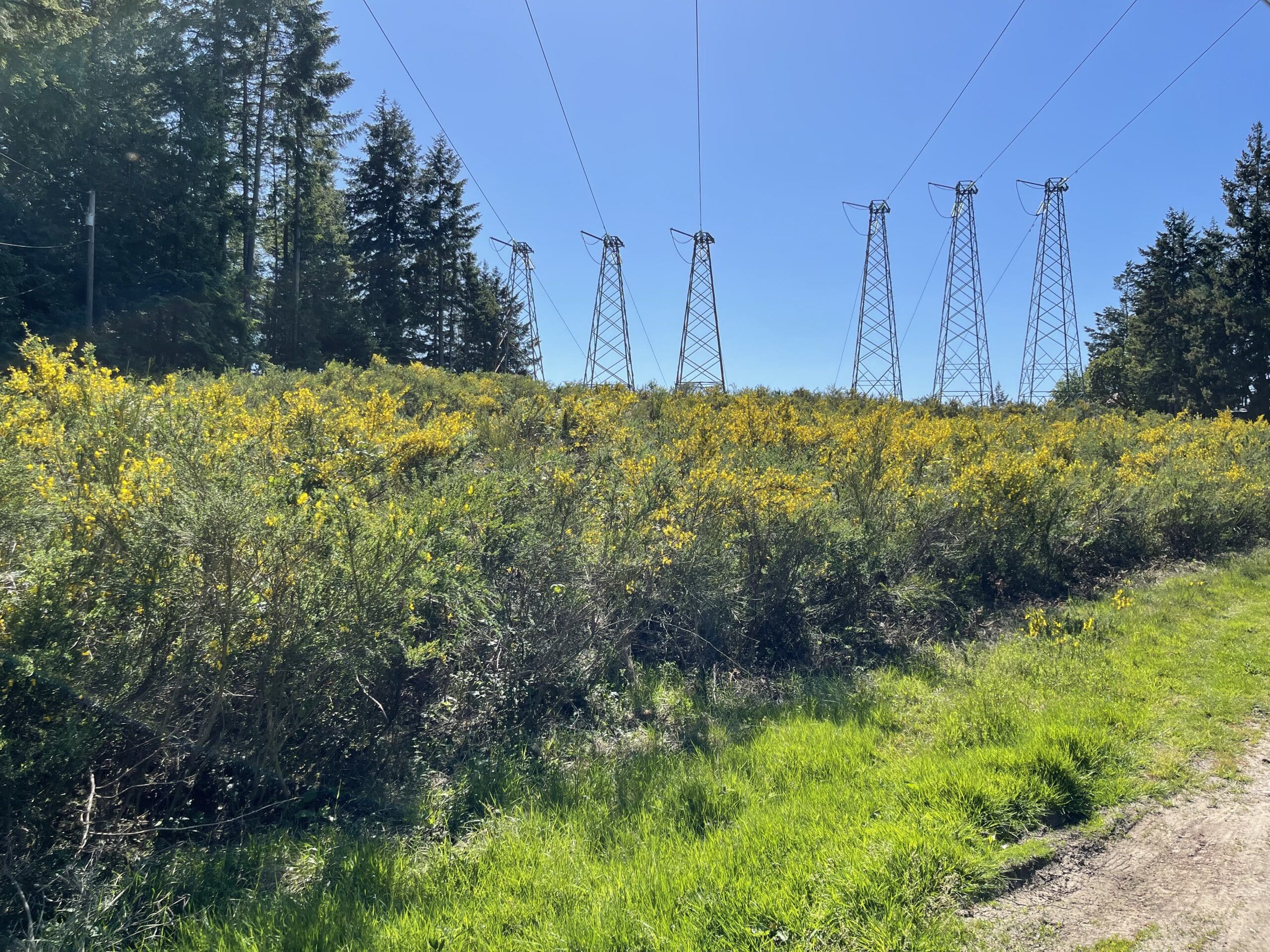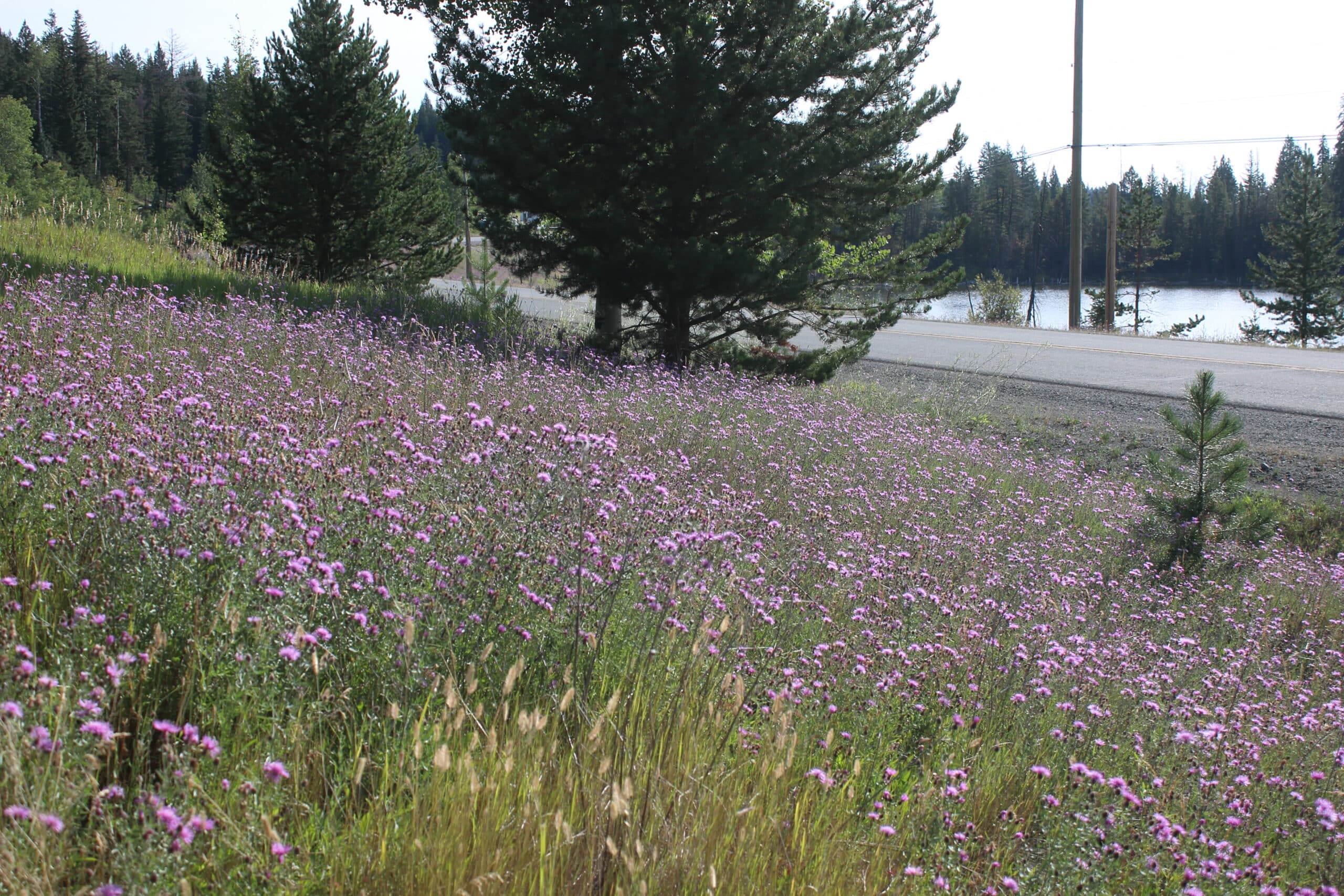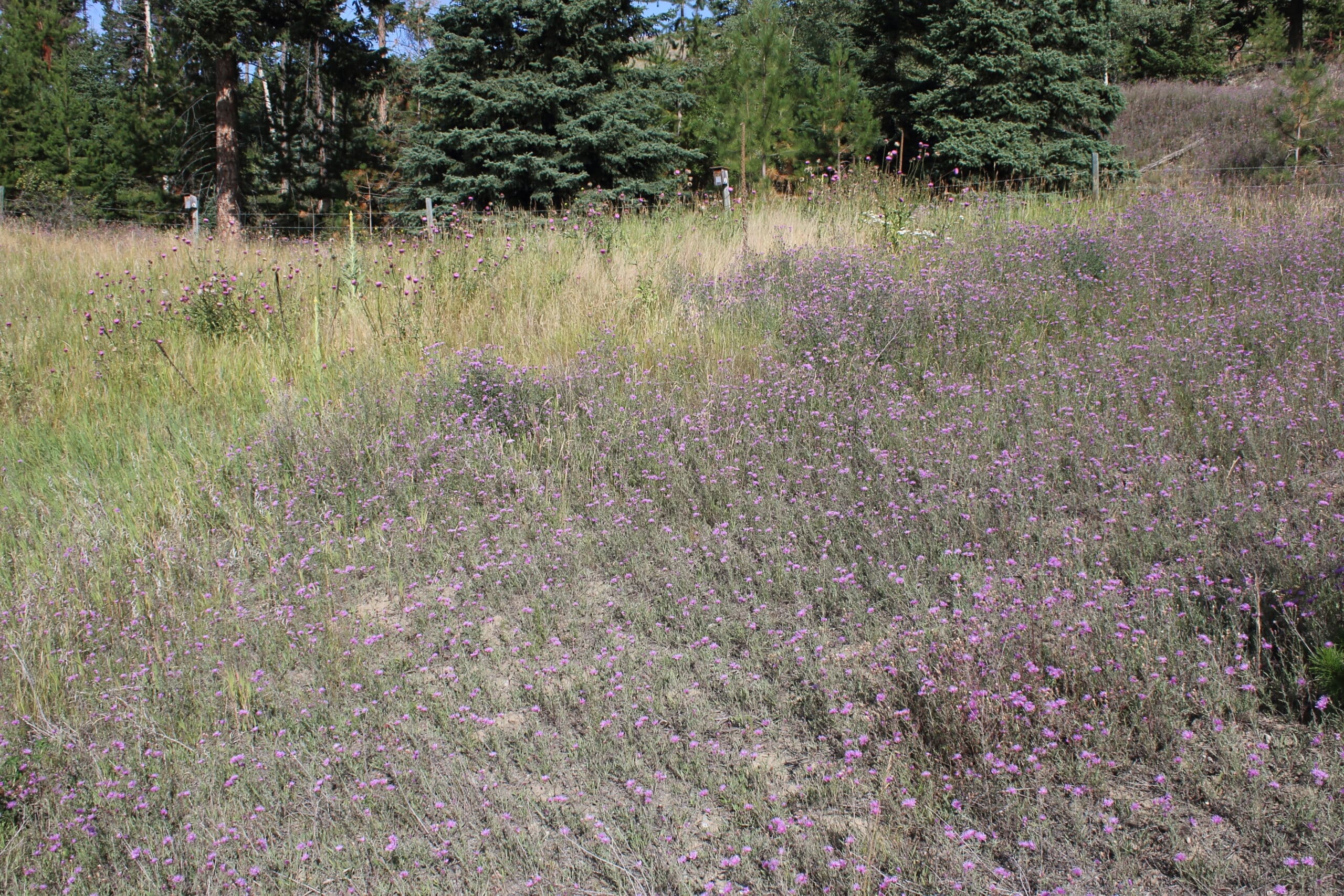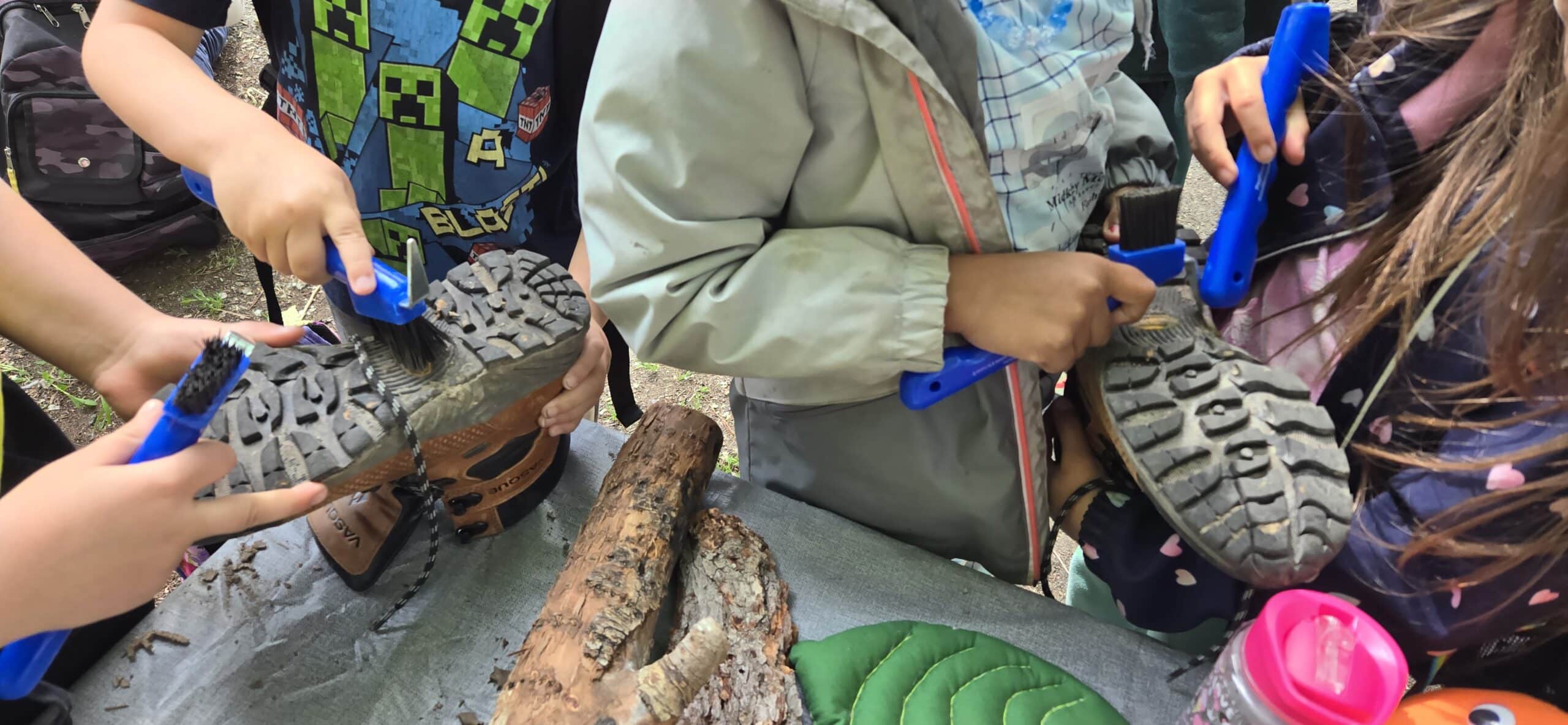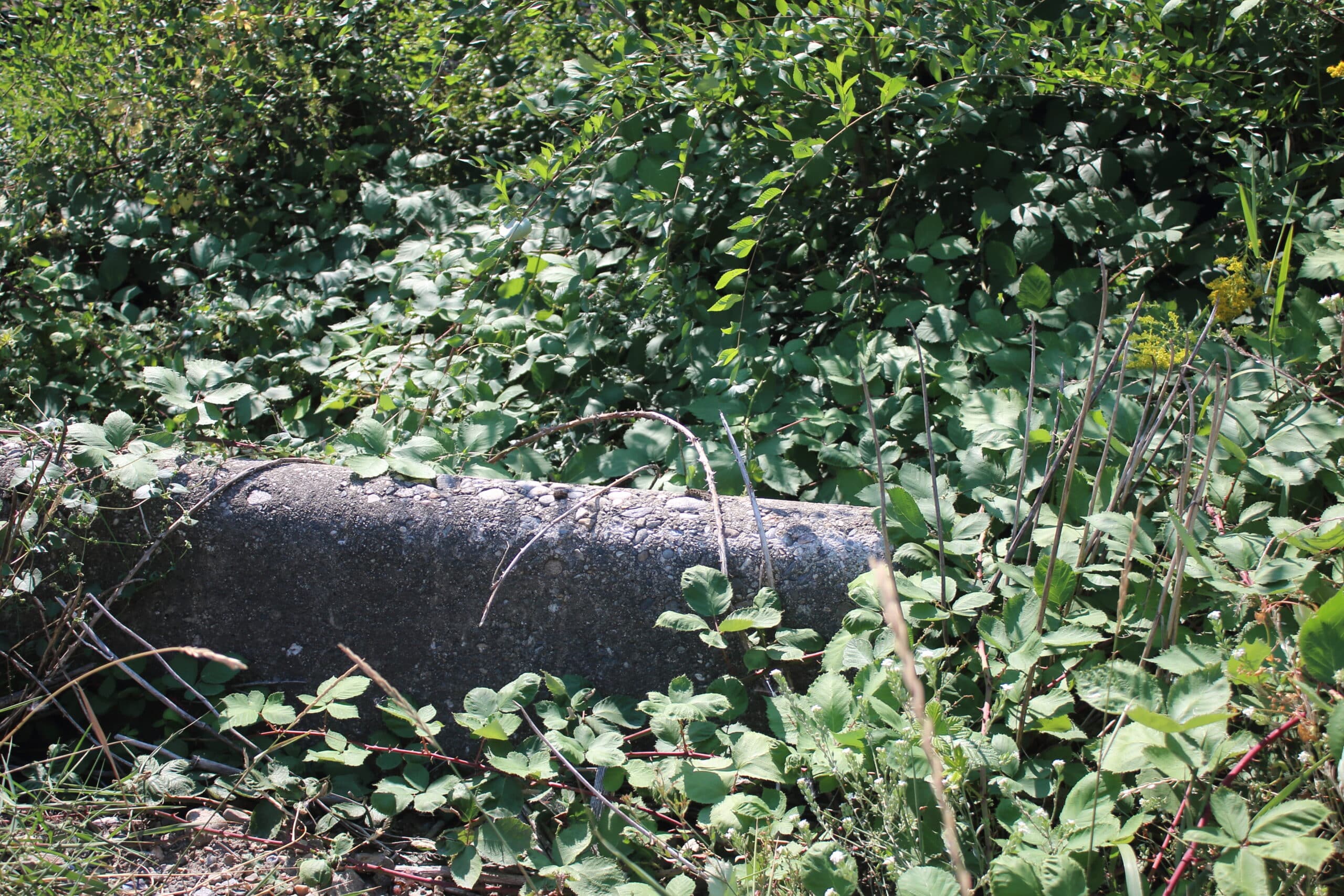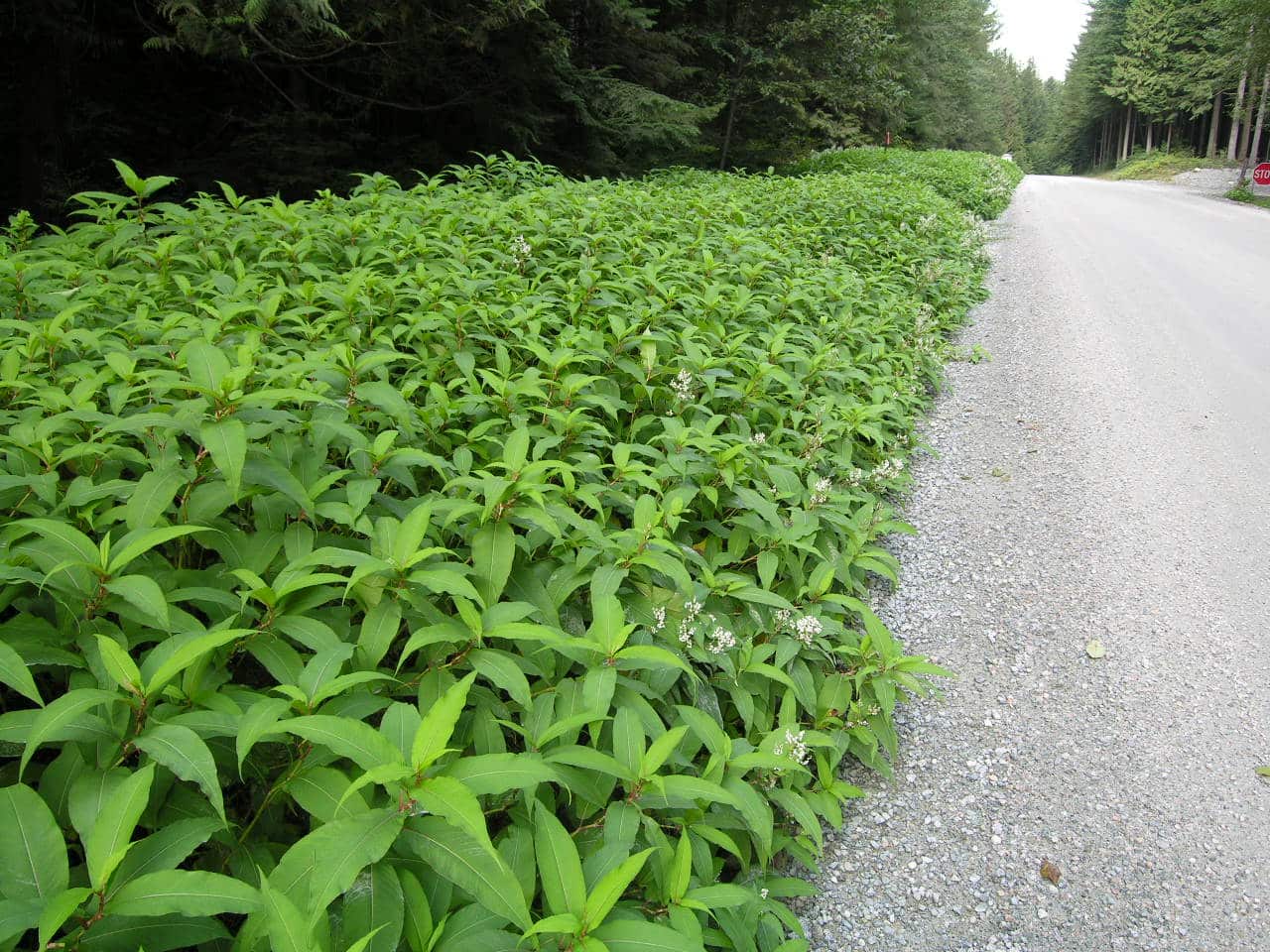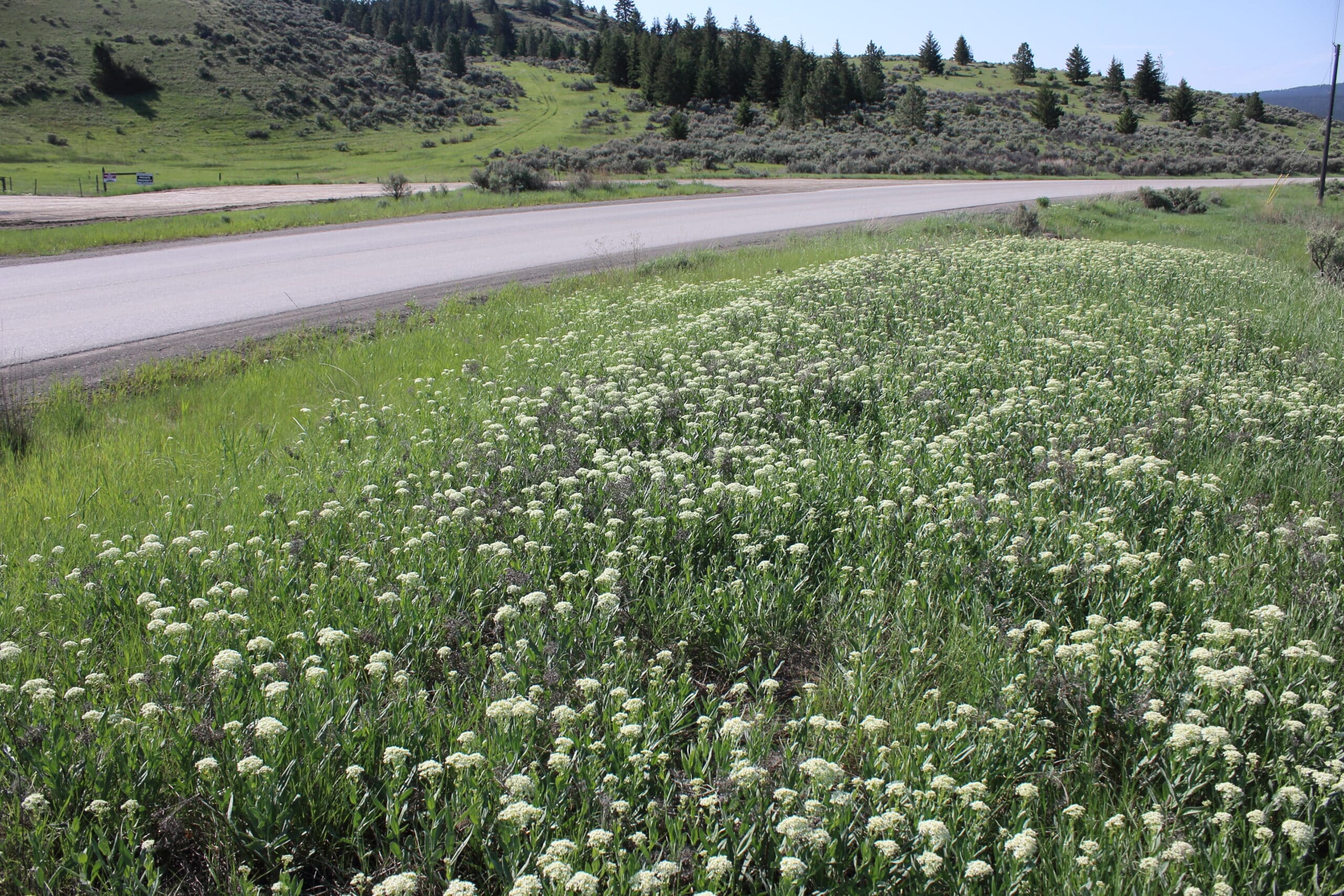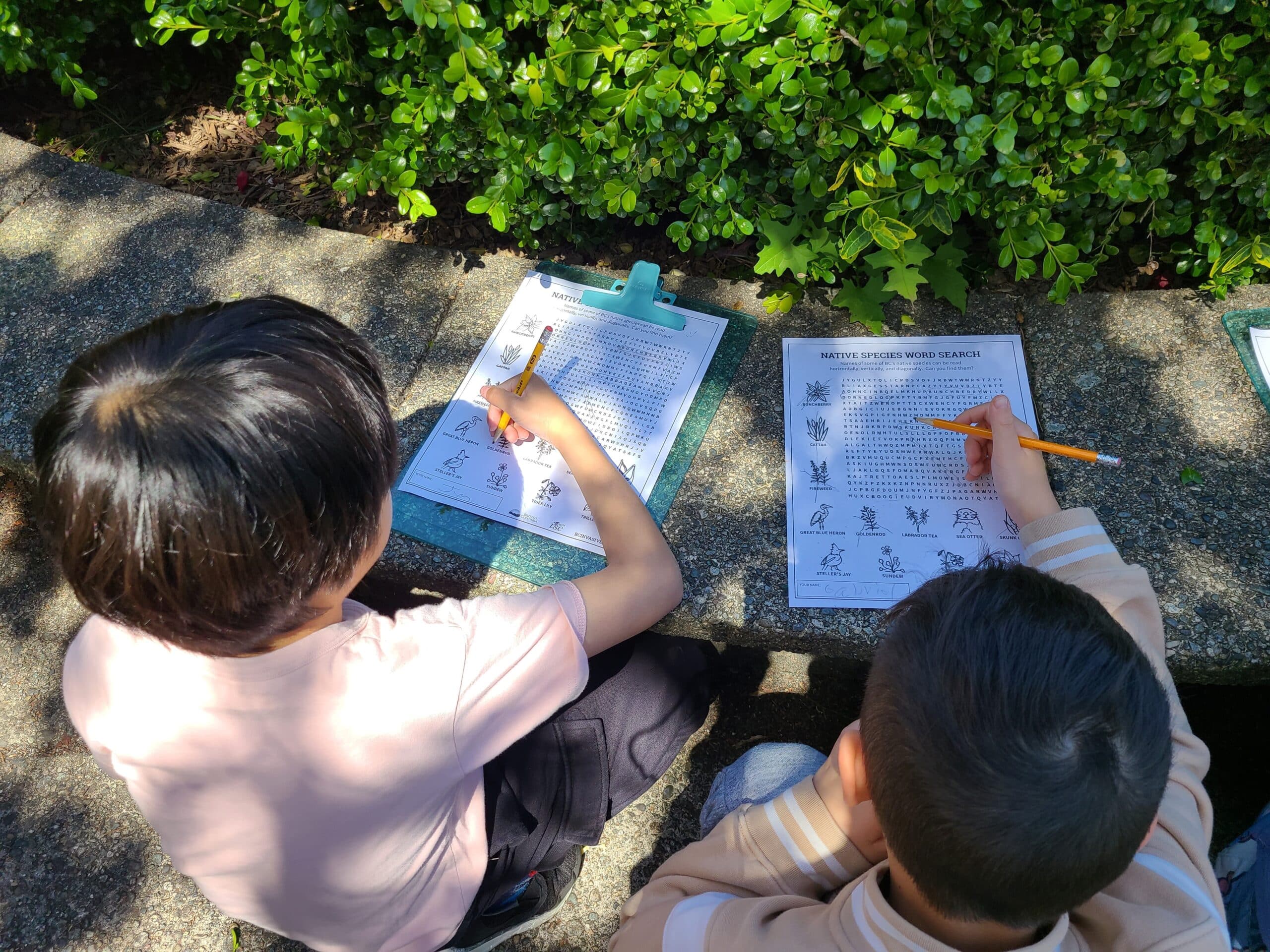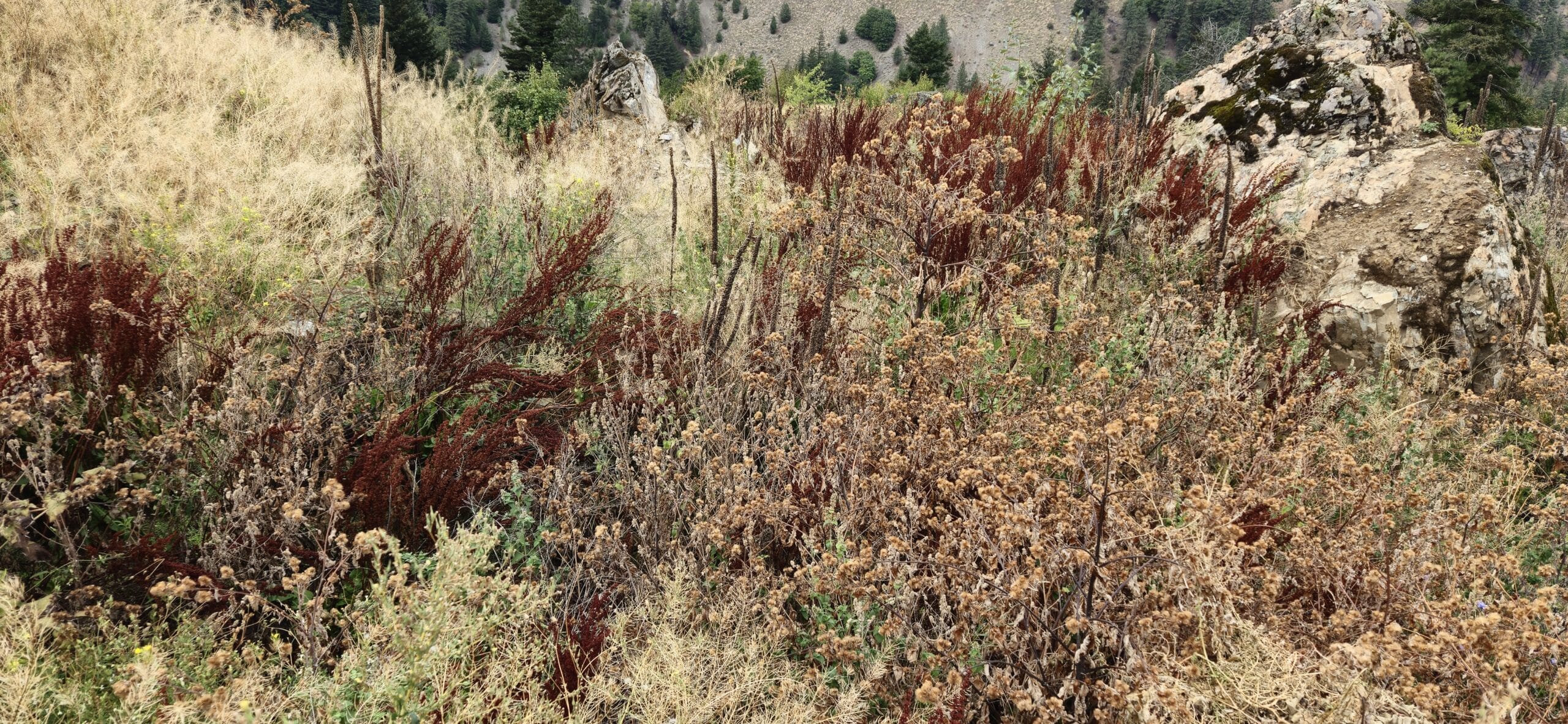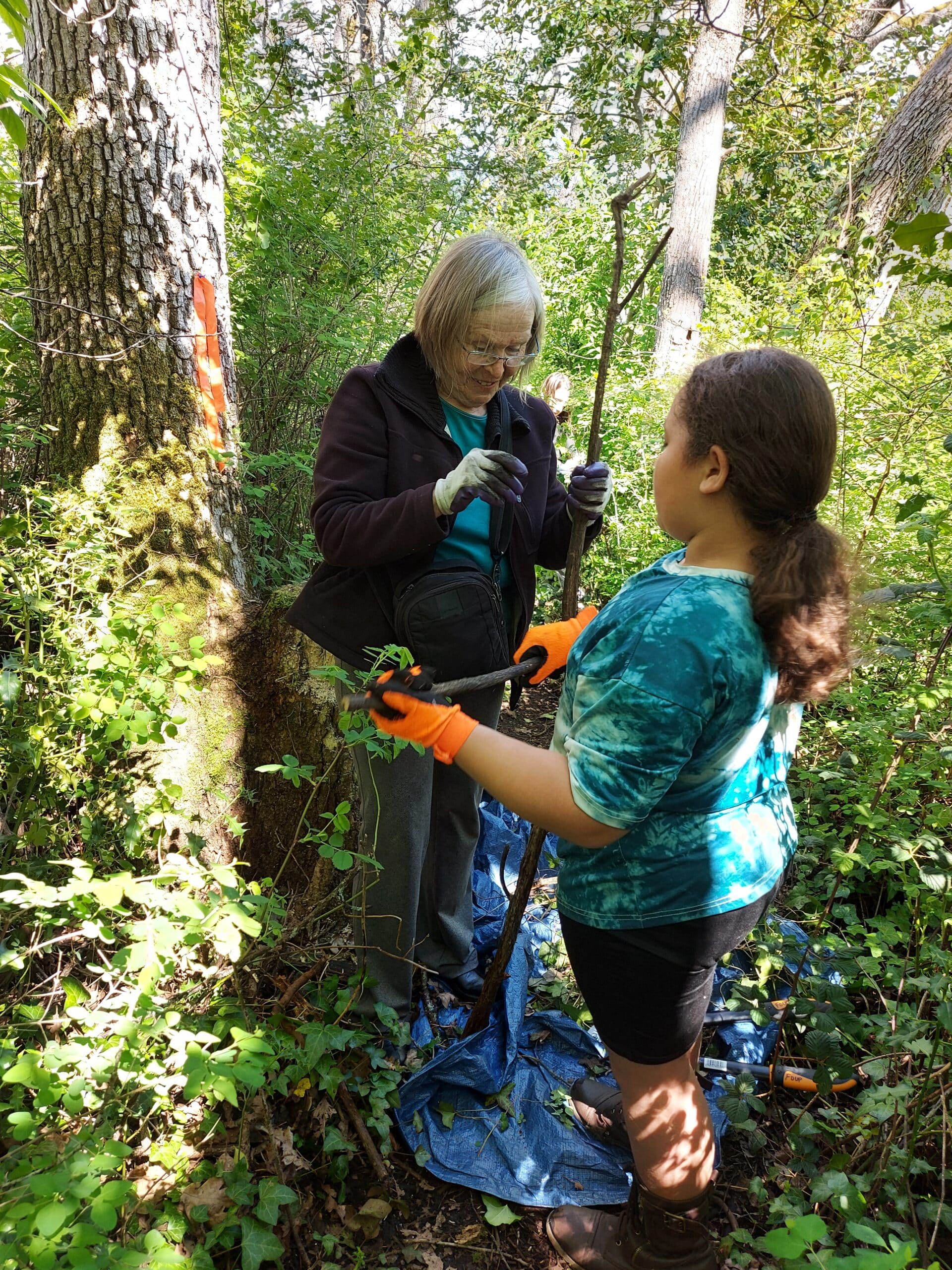Local government
European starlings (Sturnus vulgaris) are invasive in BC. They are aggressive when seeking nesting sites and can even kill larger birds in the process.
Learn moreLocal governments have an important role and are a critical partner in BC for invasive species management.
ISCBC coordinates the Local Government Invasive Species Network, which facilitates the sharing of resources and networking for local governments in BC to become increasingly successful in this important work.
Local Government Invasive Species Network
The goal of the Local Government Invasive Species Network is to provide a forum for exchanging information about, identifying needs for and sharing lessons learned from invasive species management programs and projects. The network was established by ISCBC in response to needs identified by communities and regional districts to share information, network and build capacity in prevention and management of invasive species.
What does the network do?
Members share information, strategies and resources around invasive species prevention, impacts and management. The network also identifies opportunities to strengthen and build partnerships with industry, regional invasive species organizations, community groups and others. Members provide input into key provincial resources such as the Invasive Species Strategy for BC, the Invasive Species Toolkit for Local Government, Real Estate Professionals and Land Managers and other outreach resources developed by ISCBC to support local government and others. The network also explores opportunities to enhance education, training, and communication within and between communities across BC.
Who can be a member?
Membership is FREE and open to local government staff and officials in British Columbia.
Meetings and communications
Currently the network has 135 members. An annual workshop is held in conjunction with ISCBC’s Annual Forum and AGM to facilitate information exchange and build collaboration on key areas and actions. Secretariat support for the Local Government Invasive Species Network is provided by ISCBC, based on available staff.
How do I join?
Please contact ISCBC at info@bcinvasives.ca, or call ISCBC at (250) 305-1003 for more information.
Resources
Invasive Species Toolkit for Local Government
(As of November 2024, some information in this document is outdated. Please verify details for the
most current information’)
The Invasive Species Toolkit For Local Government, Real Estate Professionals and Land Managers (2018) is a valuable tool developed with the Local Government Invasive Species Network. Find out why these issues are the top 10 reasons for local governments to be engaged in invasive species management:
- Property Values
- Recreation
- Human Health & Safety
- Economic Impacts
- Biodiversity
- Range, Agriculture & Forestry
- Fire Hazard
- Rate of Invasion
- Compliance with Regulations
- Good Neighbours
Local governments can build invasive species management programs through partnerships with regional species committees, aboriginal and provincial governments, community groups and related organizations. To be successful with limited resources it is important to pool resources, think strategically and regionally, provide education and incentives, work with volunteers, train staff, build and incorporate best practices and policies, prioritize activities and…continue to collaborate with local governments across BC.
Local Government Call to Action Against Invasive Species
Read and share the Call to Action Against Invasive Species and help your local government be a leader in BC. Protect your communities and assets by preventing and managing invasive species.
Visit Resources for more valuable resources and tools. Find your local government invasive species contact on this map.
Collaboration
Workshops and Meetings
ISCBC hosted the first local government general workshop in 2011 and since that time special local government meetings have continued to be held in conjunction with ISCBC’s Annual Forum. To find out about upcoming meetings and events, join the Local Government Invasive Species Network.
ISCBC Board Collaboration
The ISCBC Board of Directors includes a minimum of one Director position from the local government perspective. This approach supports BC-wide collaboration.
Connect with ISCBC’s local government representative:
- Nadia Chan, City of Surrey
ISCBC Local Government Representatives
Connect with ISCBC’s local government representatives by emailing using the links below:
- Nadia Chan, City of Surrey
Local Government Resources
- Invasive Species Toolkit For Local Government, Real Estate Professionals and Land Managers (2018) – read why municipalities and regional districts need to be involved in invasive species management.
- Local Governments Call to Action Against Invasive Species (2018)
- Top 10 Reasons for Local Governments to Get Involved – 11×17″ Poster
- Best Practices for Managing Invasive Plants on Roadsides – This pocket guide for roadside workers explains, with text, diagrams and tables, the best practices for managing invasive plants during maintenance activities. This resource also provides identification and management information about 33 of the most problematic roadside invasive plants in BC.
- Visit the Resources section of this website for more valuable resources and tools.



